Environmental science is an interdisciplinary field that blends biology, chemistry, physics, and ecology to understand the environment and the impact of human activity. Whether you’re a student, researcher, or just someone passionate about the planet, reading environmental science books can help you explore this crucial subject in depth. In this list, we’ve compiled the 8 best environmental science books that will not only broaden your knowledge but also inspire you to take action for a sustainable future.
Some Environmental Science Books
The top 8 Environmental Science Books name with description is given below which helps you in your future.
1. Braiding Sweetgrass
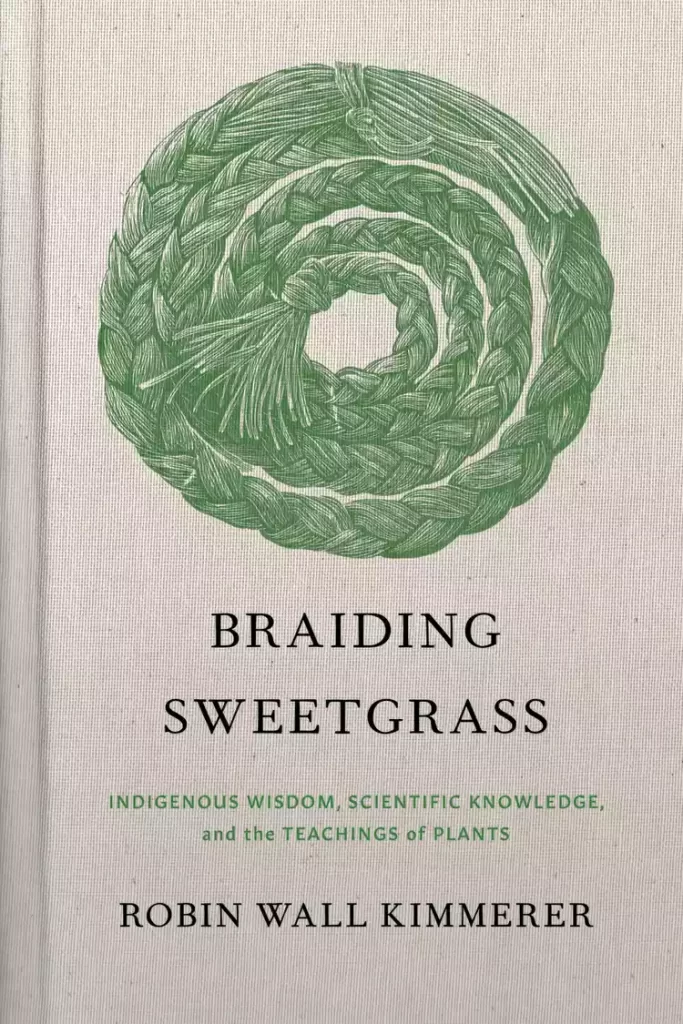
“Braiding Sweetgrass” is an environment science book by Robin Wall Kimmer is an Indigenous author’s exploration of the relationship between people and land. Kimmer, a member of the citizen potawatomi nation, draws on her culture and history, as well as Western society’s understanding of plants, to explore the significance of plants and animals in our world.
The book also looks at what we can learn about plants and animals, and how they connect to specific stories, such as the creation story. Kimmer hopes to expand the reader’s understanding of ecology. “Braiding Sweetgrass” was nominated for the Sigurd F.’r Olson Nature Writing Award in 2014.
2. Cunningham & Mary Ann Cunningham

One of the most widely used textbooks, the 16th Edition Environmental Science Book CSCC offers a comprehensive look at global environmental issues. It covers topics like climate change, renewable energy, and biodiversity. With up-to-date research and real-world examples, this book is perfect for students and anyone looking to get a solid grounding in environmental science.
3. The End of Nature
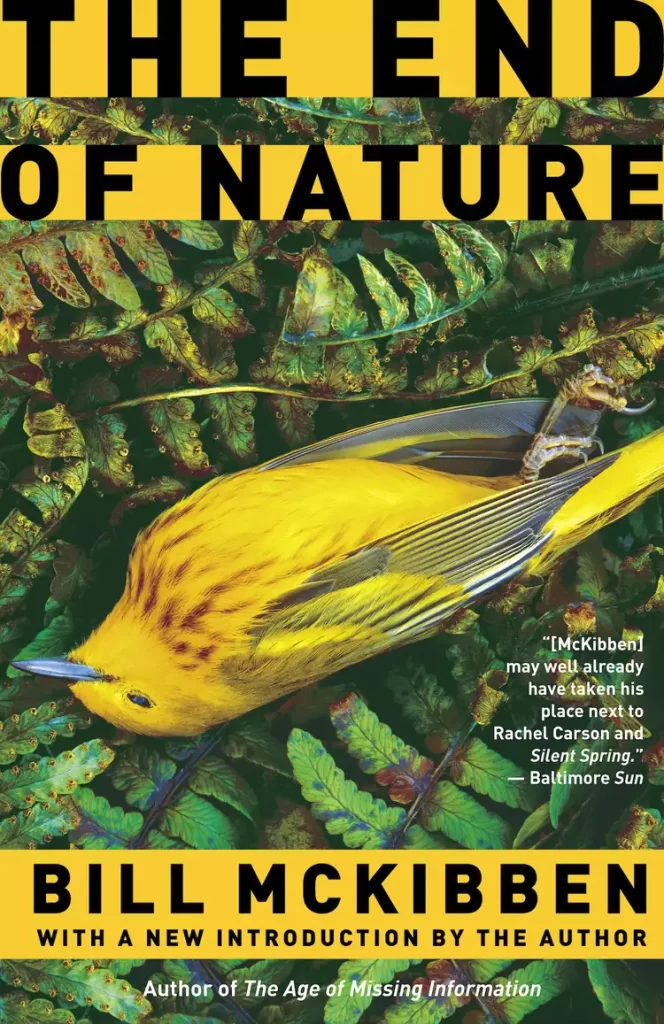
The End of Nature is a 1989 Environmental science book that explores the relationship between humans and nature. It argues that nature was once free from humans, but is now influenced by them in every aspect of life. Bill McKibben argues that the concept of wilderness has been lost, and nature has become obsolete.
The book explores the history and meaning of nature and wilderness, and how it has become a thing of the past. According to McKibben, true transformation will require a fundamental change in the way we experience and interact with the natural world.
4. Silent Spring
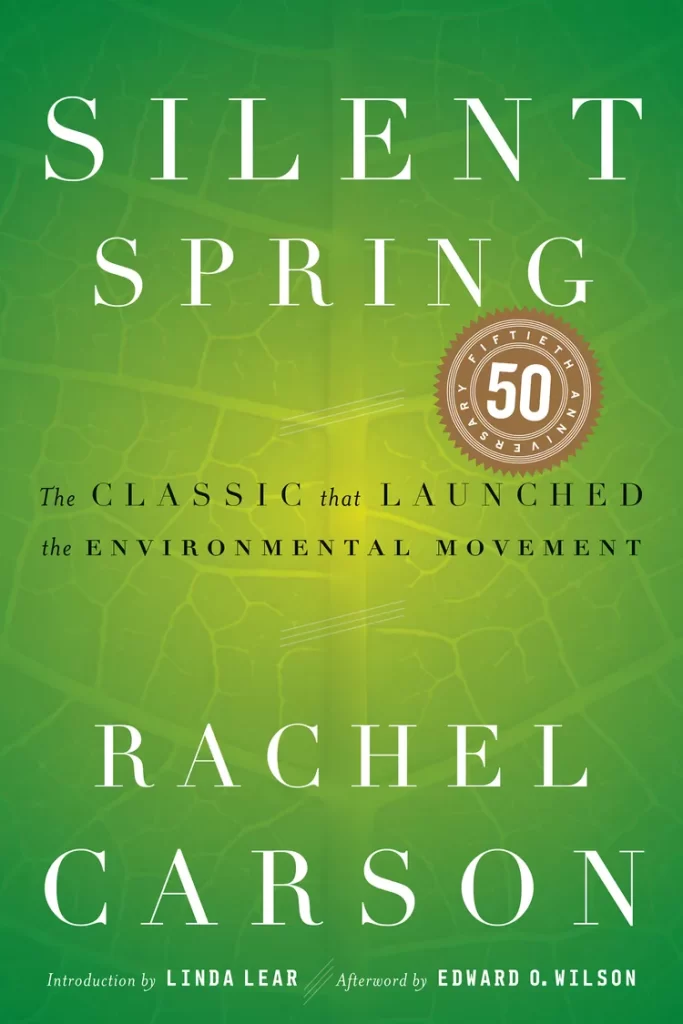
Silent Spring was written by Rachel Carson and is widely regarded as one of the most influential environmental Science books of all time. It is widely considered to be the seminal work of the environmental movement.
The book focuses on the environmental impact of pesticides, particularly DDT, a widely used insecticide that was banned in the US in 1972. This led to a major shift in pesticide policy in the US and resulted in the formation of the EPA.
5. The Sixth Extinction: An Unnatural History
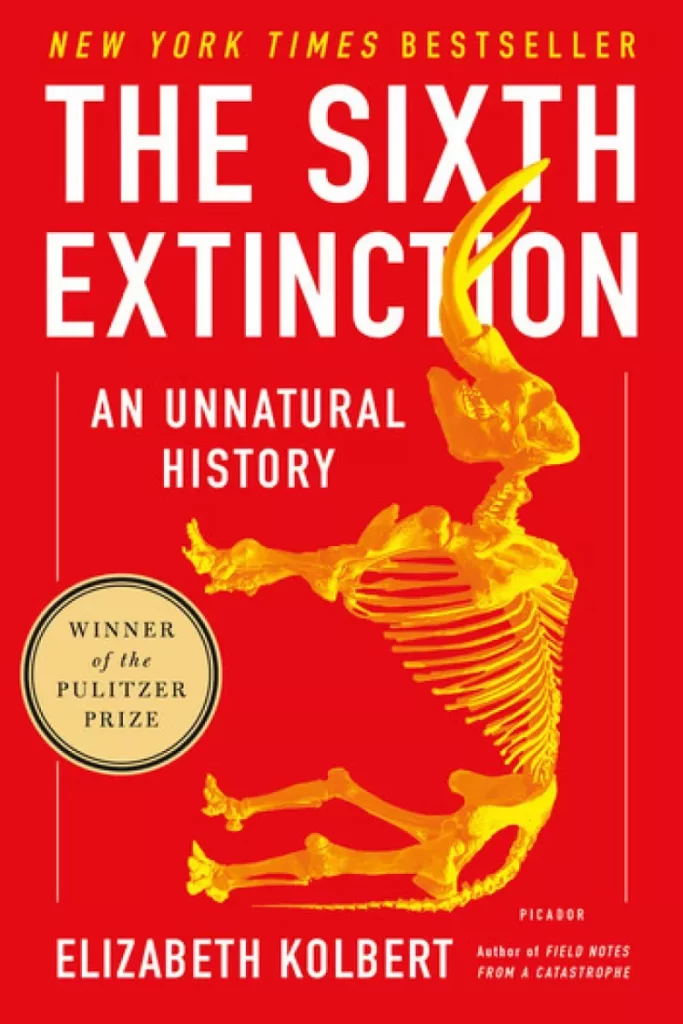
The Sixth Extinction is a book by Elizabeth Kolbert that looks back at past mass extinctions and links them to the mass extinctions that are happening today.
Kolbert examines how humans interact with the natural world and discovers that we are on the brink of the Sixth Mass Extinction, this time caused by human activity. The book examines a variety of studies and research, including the decline of the endangered Panamanian gold frog and the effects of acidification on coral reefs. The book was nominated for a 2015 Pulitzer Prize in the category of general non-fiction, and was also shortlisted for the 2015 Massachusetts book award (non-fiction).
6. The Uninhabitable Earth
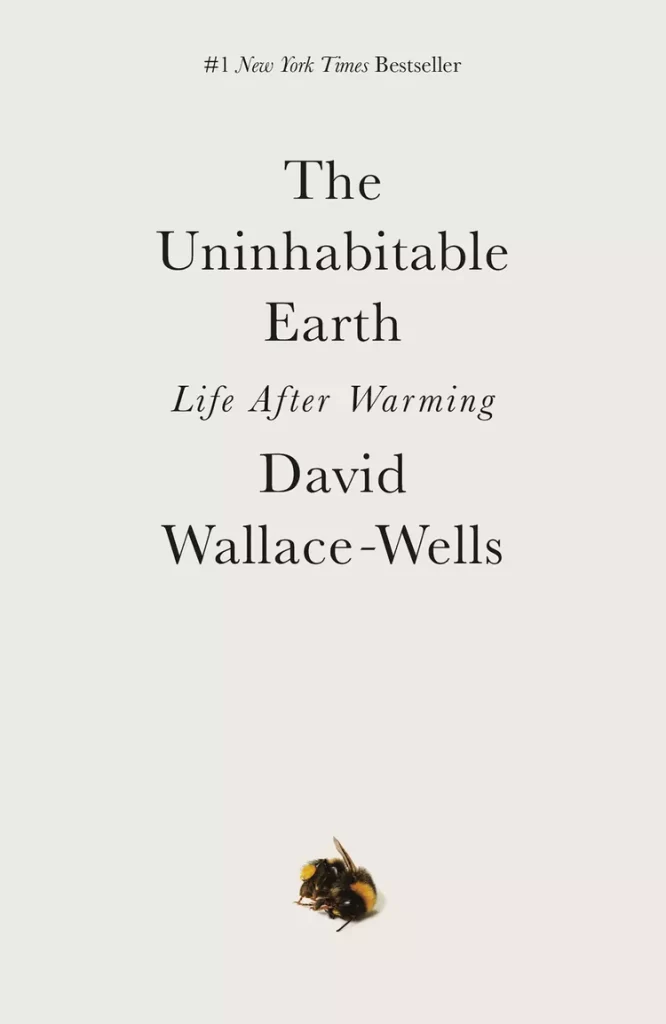
“The Uninitable Earth” by David Wallace Wells offers an in-depth exploration of how we interact with the Earth, and how our choices will impact us and the future of the planet. Wells argues that we will not be able to prevent the consequences of climate change if we don’t act now. He looks at past disasters and predicts what climate change will look like in the year 2100 if we continue along our current trajectory. The book’s title is an all-too-true statement: “It is worse, far worse than you think.”
7. Losing Earth
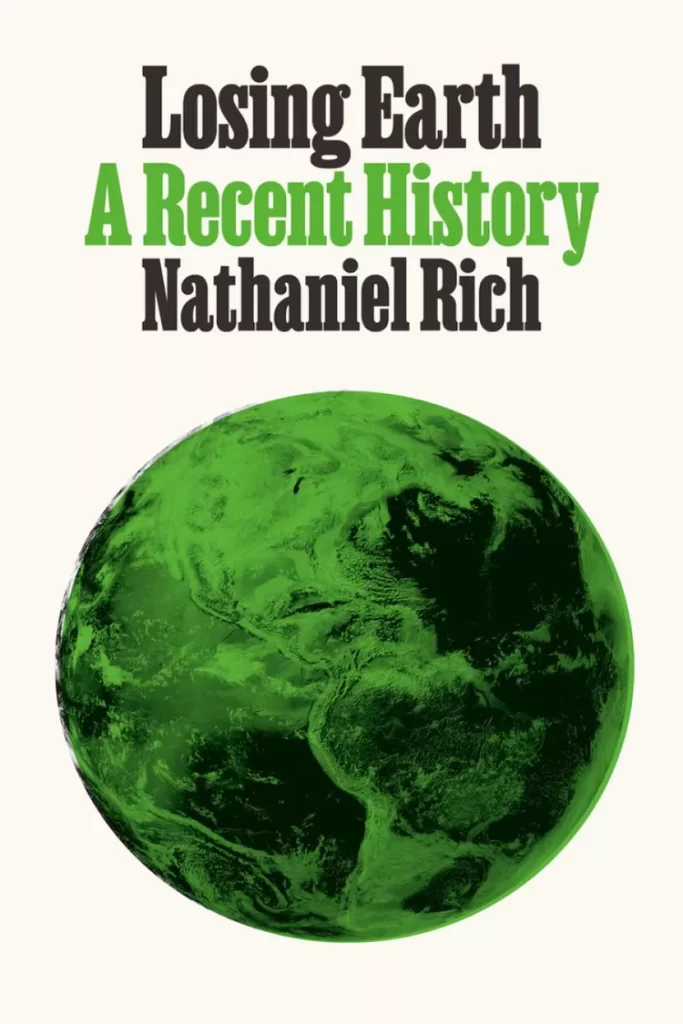
“Losing Earth” is and Environmental Science books, and it’s a fitting one, as it looks back at the decade in which we first began to understand global warming and how climate denialism led us to where we are today.
In the story by Nathaniel Rich, the fossil fuel industry orchestrated disinformation campaigns in an effort to obstruct climate change policies, as well as the work of scientists and leaders who championed climate change policy and solutions, including former vice president Al Gore and climate scientist James Hansen.
The film was nominated for a SOCIETY (Society of American Journalists) Award and an AIPSC Award for “Losing Earth.”
8. Eating Animals
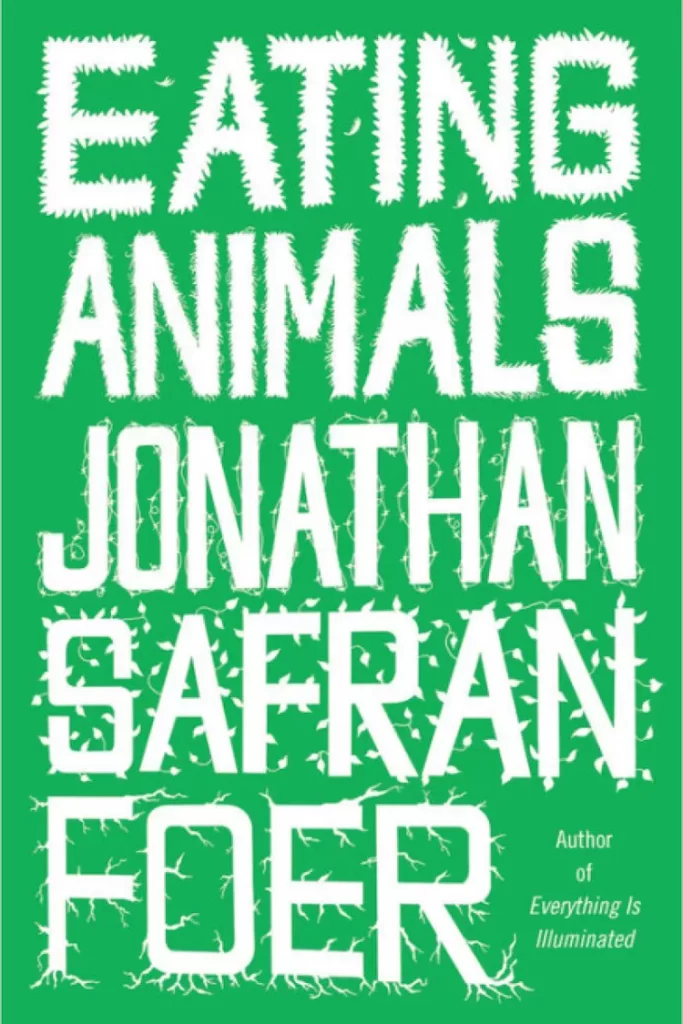
Eating Animals is a book that explores the issues of animal agriculture, vegetarianism and veganism, as well as the ethical implications of food. Philosophically, the book explores the connection between what we eat and our moral beliefs.
Conclusion
Reading environmental science books not only broadens your knowledge but also encourages you to think critically about the future of our planet. From foundational texts like the 16th Edition Environmental Science Book CSCC to transformative works like Silent Spring and The Sixth Extinction, these books offer diverse perspectives on the pressing environmental issues of our time. By exploring these texts, you will gain a deeper understanding of the natural world and the urgent need for sustainability.
Whether you’re a student or just someone interested in books that reshaped environmental thinking, these titles will provide you with invaluable insights into the complex and interconnected world of environmental science.
